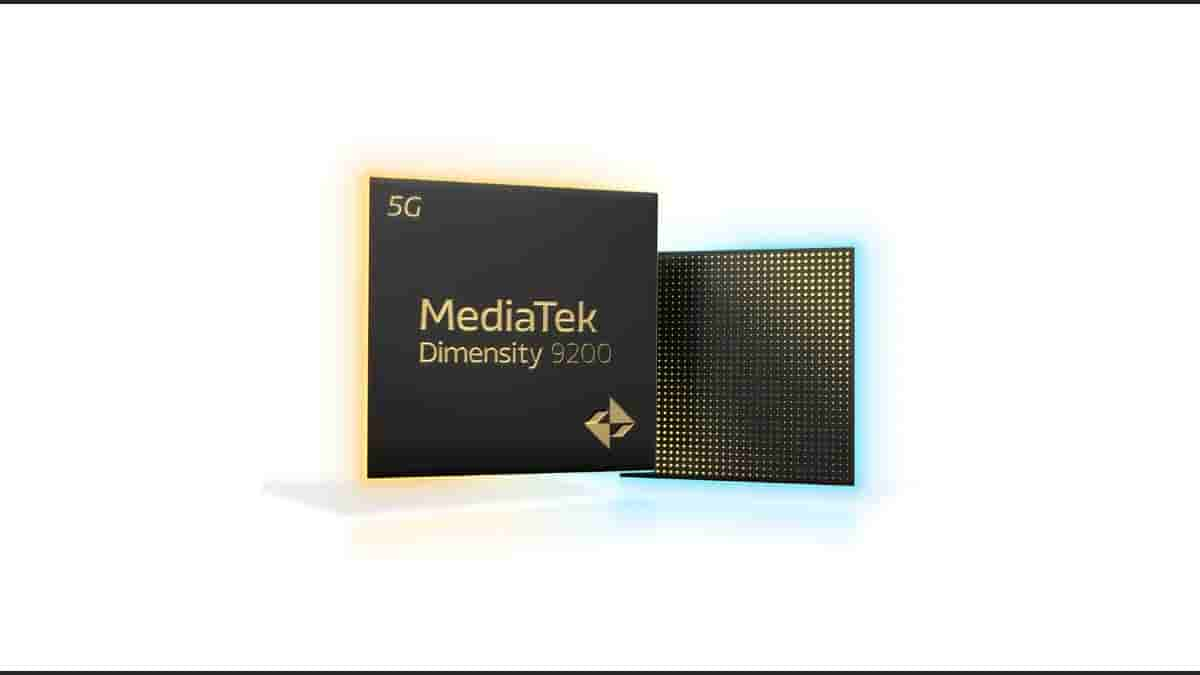Upcoming Devices from Oppo, Xiaomi, Asus ROG, and Vivo will Feature Mediatek Dimensity 9200 processors: This is what we Know

MediaTek has launched its latest MediaTek Dimensity 9200 chipset offering incredible performance and intelligent power to the upcoming devices which are going to feature the chipset. This is sure to lead to a series of smartphones with better cameras, immersive multimedia, a best-in-class gaming experience, and improved connectivity. The upcoming Oppo, Xiaomi, Asus ROG and Vivo devices are going to feature the latest MediaTek Dimensity 9200.
Here’s what we know
The MediaTek Dimensity 9200 is supposed to feature the next generation of flagship phones starting with the Vivo smartphones. Vivo X90 is said to have the latest MediaTek Dimensity 9200 chipset and the users can get the experience of the MediaTek Dimensity 9200 first from the Vivo X90.
Other brands like Oppo, Xiaomi, and Asus ROG are also planning to have their upcoming devices with the MediaTek Dimensity 9200 chipset. This will allow the devices to have a better camera, a better display, better connectivity, and a best-in-class gaming experience. It will definitely offer unmatched performance than the previous flagship smartphones available in the market.
The MediaTek Dimensity 9200 is the first to be built on TSMC’s 4nm fabrication process and the first to integrate the ARM Cortex X3 with an operating speed of 3GHz. It also has an 8-Core Flagship CPU Cortex-X3/A715 with UFS4.0 +MCQ storage and LPDDR5X 8533 Mbps memory. The chipset also has an ARM Immortalis-G715 GPU offering the perfect gaming experience to the users.
By the end of 2022 itself, we’ll start to see the MediaTek Dimensity 9200 chipset featured in smartphones. This will be a new era of better and more powerful flagship smartphones with better performance and a lot more features to offer the users.
The Oppo Find X6 series, Asus ROG Phone 7 series, Xiaomi 13 series, and Vivo X90 series smartphones are the devices that are said to feature the MediaTek Dimensity 9200 chipset by the end of 2022.


